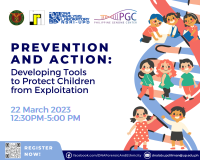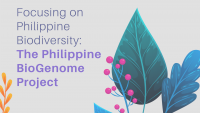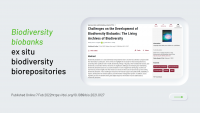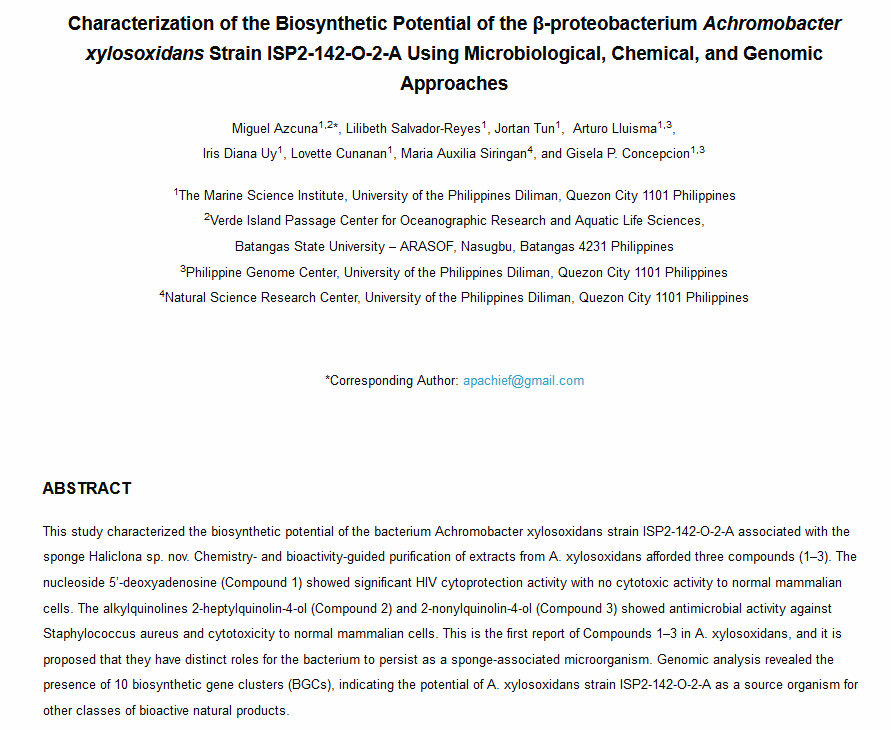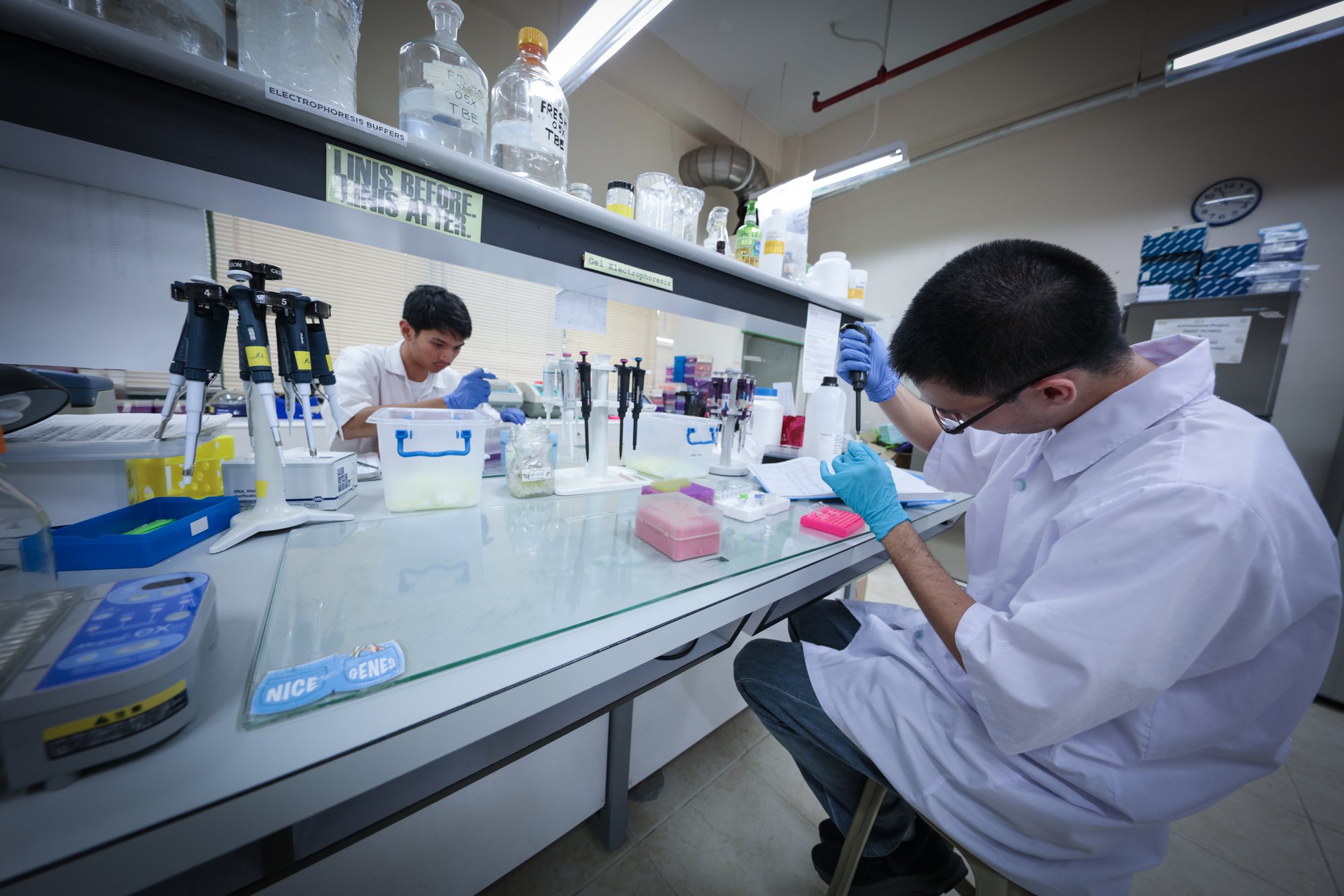Aimed at creating awareness on the new developments in forensic investigation in the fight against sexual abuse and exploitation, the webinar “Prevention and Action: Developing Tools to Protect Children from Exploitation” is happening on March 22,2023 at 12:30 pm-5:00 pm.
Medical doctors in the Child Protection Unit, social welfare workers, law enforcement personnel, forensic researchers, and the general community are invited and may register at https://tinyurl.com/FGRP3-Webinar

